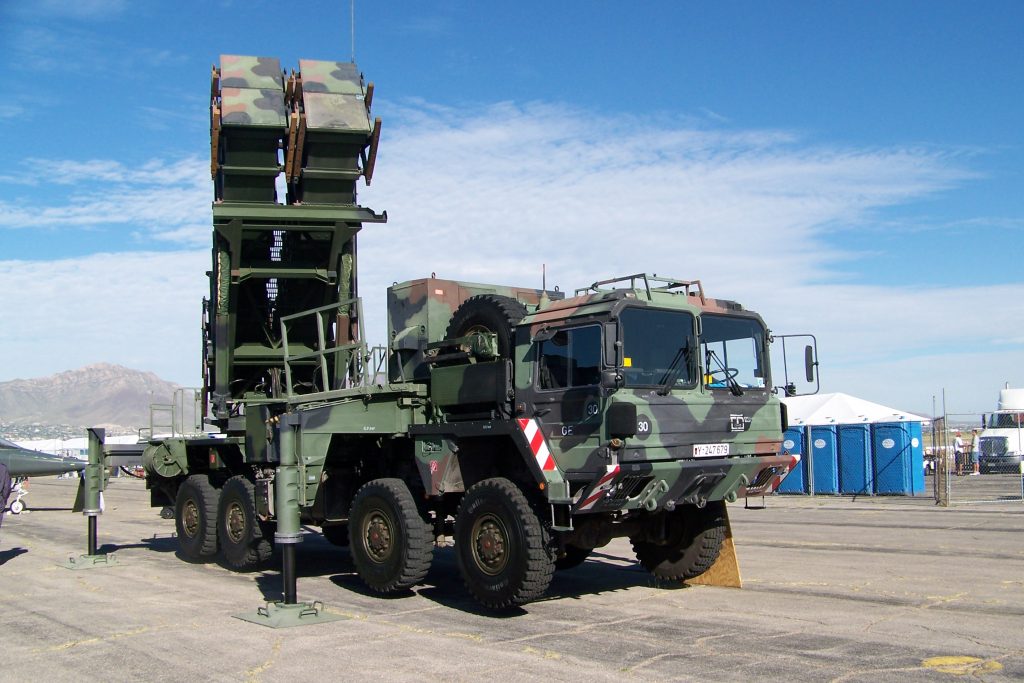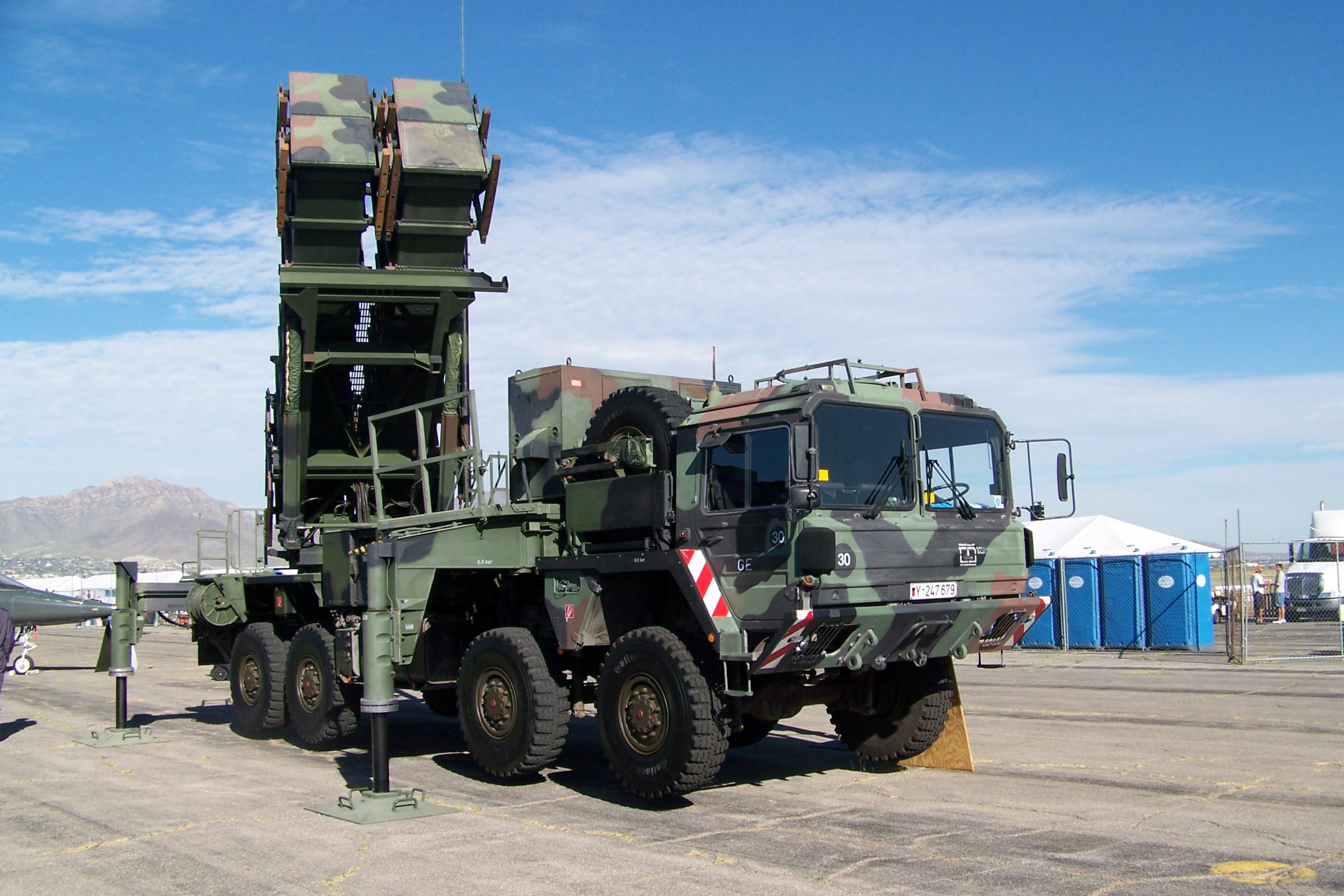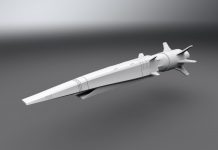
Following Russia’s invasion of Ukraine, NATO has activated its plans to strengthen defenses on its eastern flank. To this end, it will reinforcement battle groups that it has put in place in the three Baltic countries and Poland. It is also considering deploying more defenses in Romania, Bulgaria, Slovakia and Hungary.
NATO has not publicly disclosed to what extent it will reinforce these new battlegroups. What is known so far is that 500 French soldiers will be deployed in Romania very soon.
German Defense Minister Christine Lambrecht has also announced the dispatch of a Bundeswehr infantry company to Slovakia.
“Due to the current situation […] and in close coordination with the Slovak government and other partners, the federal government [has] decided to get involved within the framework of NATO to set up a ‘battle group enhanced vigilance activity’ in Slovakia,” said the German Defense Ministry.
Discussions are also being held in for deploying troops in the Netherlands.
Berlin has also stated it will deploy a battery of Patriot air defense system in Slovakia to protect NATO’s eastern flank.
Incidentally, Germany and the Netherlands have established close defense ties with Germany’s Flugabwehrraketengruppe 61 placed under the command of the Dutch Defense Ground-based Air Defense Command (DGLC), since 2018, as part of the Apollo program.
“We could thus offer more ‘reassurance’ and send a strong political signal if we deploy a mixed force with German and Dutch Patriot defensive systems somewhere in Poland or in the Baltic States”, explained the then German general Michael Gschossmann.
Initially Berlin had refused to authorize the delivery of arms to Ukraine, thwarting Estonia’s plan to hand over old D-30 howitzers to Kiev, by placing “strict criteria” for the exports of military equipment “to regions in crisis”. However on February 26, it changed its stance.
Since then, Berlin has authorized the delivery of 1,400 anti-tank rocket launchers, 500 surface-to-air missiles, and 9 D-30 howitzers.
“The Russian aggression against Ukraine marks a change of era, it threatens the order established since the post-war period”, said German chancellor Olaf Scholz. “In this situation it is our duty to help Ukraine as much as we can to defend itself against Vladimir Putin’s invading army”.





